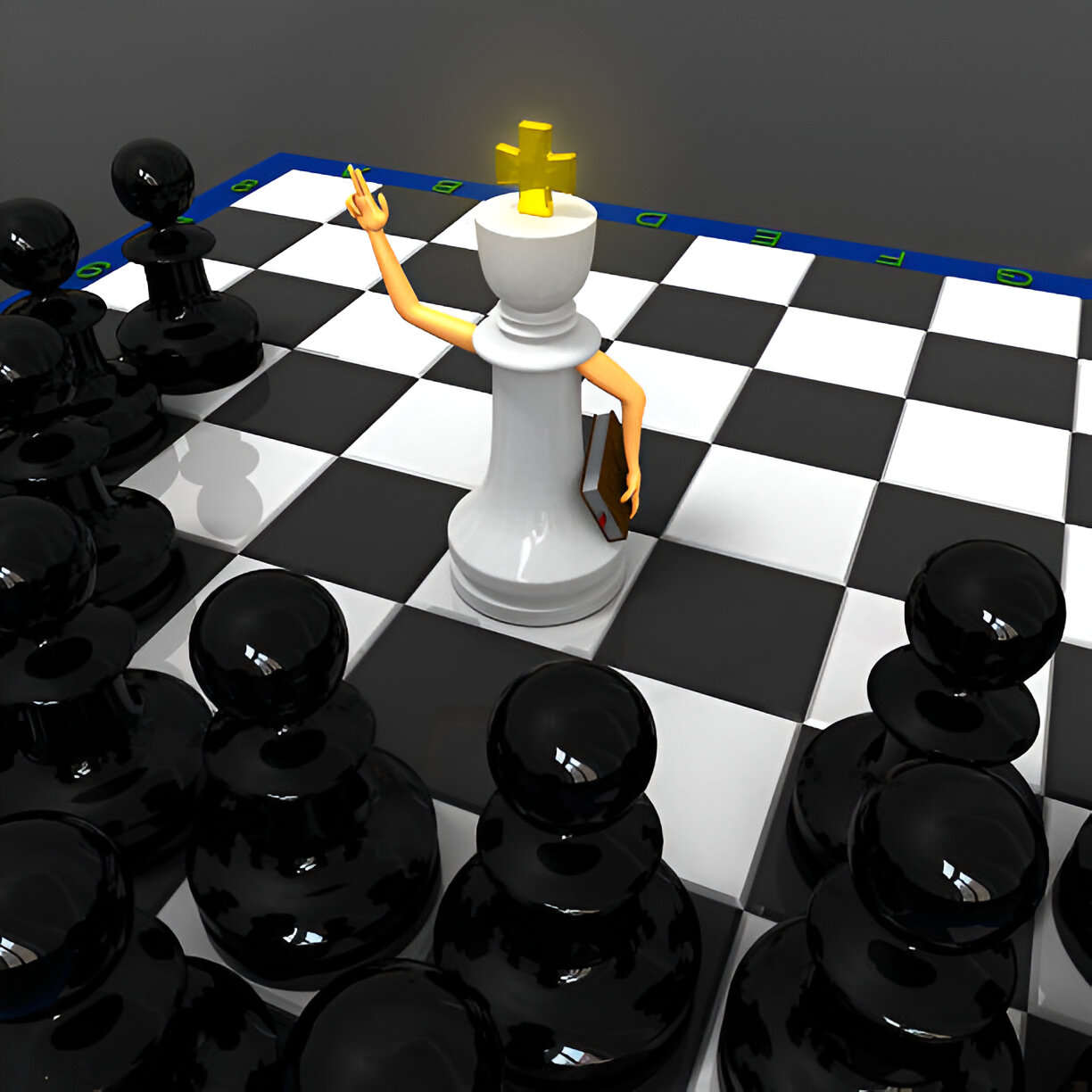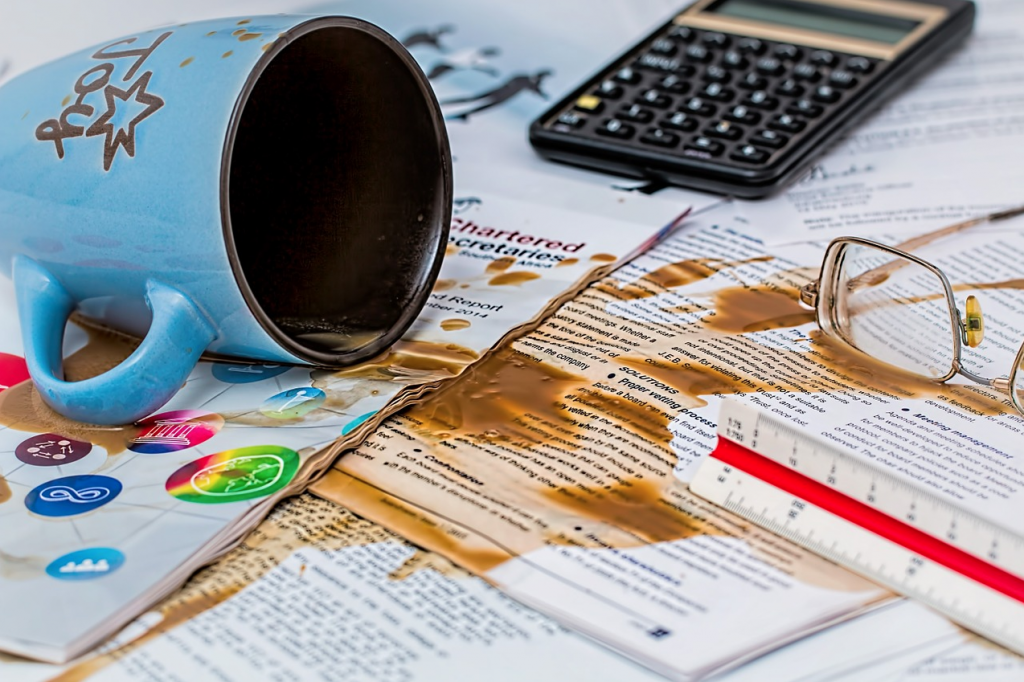Illusion of Triumph
In the game of chess, the transformation of a pawn into a queen is often celebrated as a moment of triumph — a reward for endurance, strategy, and sacrifice. Yet, in the broader metaphor of life, ascension rarely comes without its share of hidden costs. While society applauds success and elevation, it often turns a blind eye to the emotional toll, ethical compromises, and fractured identities left in the wake of upward mobility.
Path to Power
Much like a pawn’s journey across the chessboard, the path to personal or professional ascension is linear in appearance but deeply complex in reality. The further one moves, the more entangled they become in systems of power and expectation. This relentless pursuit of growth can erode the very qualities that once defined a person — humility, compassion, balance. In many cases, individuals who reach the “other side” find themselves unrecognizable, not only to others but to themselves.
Isolation at the Summit
What’s rarely discussed is the paradox that the higher we rise, the more isolated we become. The challenges shift from external obstacles to internal conflicts — moral dilemmas, identity crises, and the gnawing fear that success might not equate to fulfillment. This theme is strikingly explored in the Douglas A. Gosselin book Pawn to King’s End, where the protagonist’s journey mirrors the strategic sacrifices made on a chessboard, each move forward subtly eroding pieces of self until the final transformation becomes as haunting as it is empowering.
Redefining Victory
The hidden cost, then, lies not just in what we give up, but in what we become. Ascension demands resilience, but it also requires introspection — a willingness to confront the shadow that success casts. To truly “win” in the game of life, we must question the very definition of victory, ensuring that the crown we seek doesn’t come at the expense of our own soul.
Final Move
In the end, the most valuable move on the board is not the one that takes us furthest, but the one that brings us back to ourselves.


